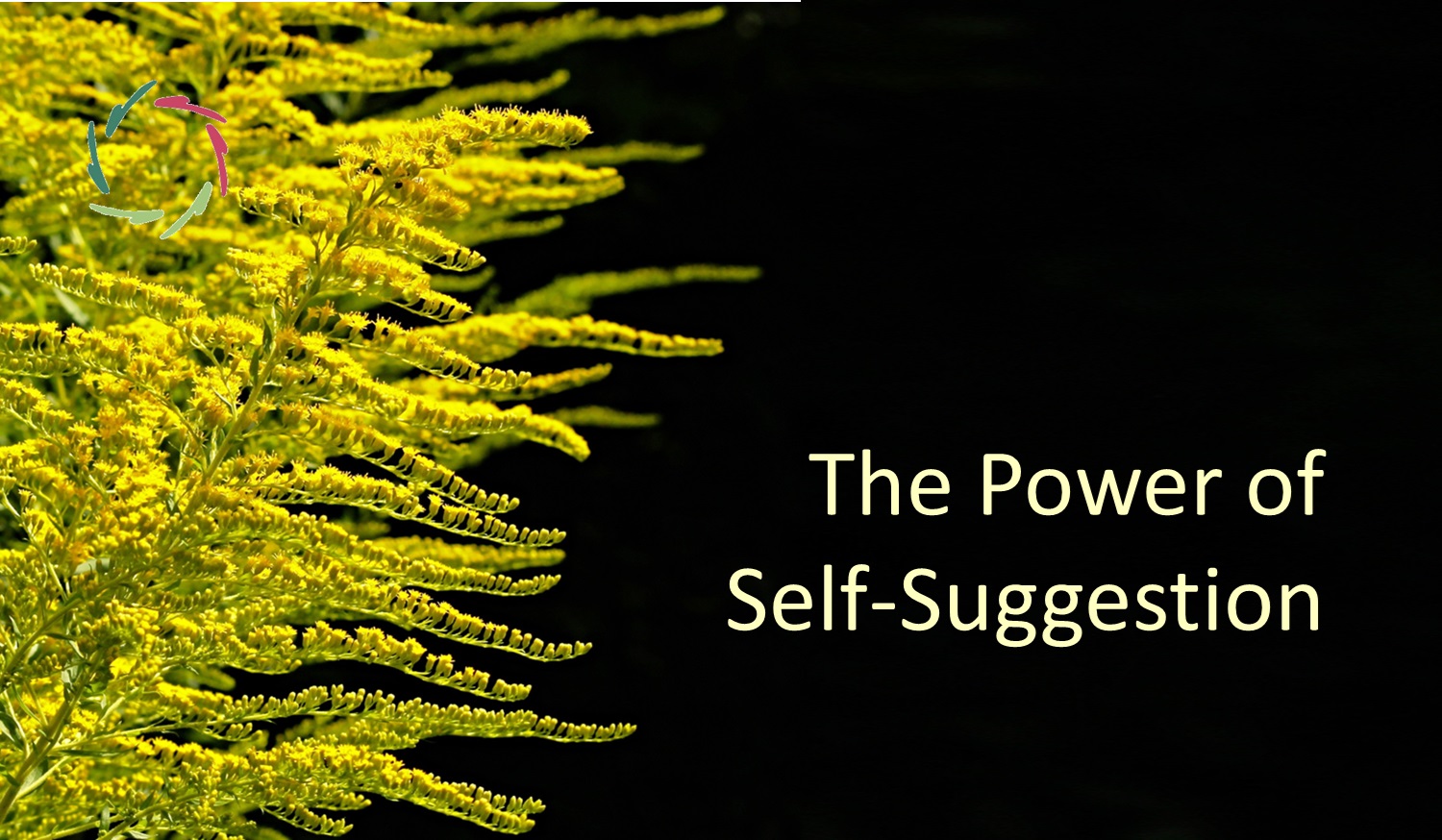AURELIS and Flower-Power, Zen, Mysticism

Flower-power
The 60’s.
 1967, San Francisco. ‘Summer of love’. The highlight, but at the same time, in lack of enough depth, already its downfall. Even before June 1967 it became clear to those initially involved that the ideals were not being ‘realized’ and that they were already as good as gone. It was only the power of the movement itself that created the summer of San Francisco. Therefore, it was already fizzling out in September 1967.
1967, San Francisco. ‘Summer of love’. The highlight, but at the same time, in lack of enough depth, already its downfall. Even before June 1967 it became clear to those initially involved that the ideals were not being ‘realized’ and that they were already as good as gone. It was only the power of the movement itself that created the summer of San Francisco. Therefore, it was already fizzling out in September 1967.
Still it was worth it.
The flower was a fast bloomer. Beautiful and vulnerable.
All in all, it’s a little weird that what happens, happens. Isn’t it?
All the possible burden of the world in which you live… and maybe there is no chance to succeed…
And now: someone suffers and yet ‘it’s worth it’. Do you understand? For example: three months of psychosomatic pain or two years of dizziness… and yet ‘it’s worth it’.
You can see AURELIS as a new attempt, hopefully one with more depth.
We can learn a lot from the flower-power period, provided we
ALWAYS KEEP THINKING CRITICALLY!
Zen
 As you may notice, Zen is also a source of inspiration.
As you may notice, Zen is also a source of inspiration.
Zen is old-Japanese for ‘Chan’. Chan is old-Chinese for ‘Dhyana’. Dhyana is old-Indian and means ‘meditation’.
Unswervingly.
Going into this a little bit: Zen is a god-less and also book-less religion. Some people say it is the ‘naked core’ of each individual ‘religion’. That’s a good way to look at it. Zen in its pure form is free of all ‘intermediate layers’. Zen is the height of compassion. Zen is pitiless. Zen is the thing that lies behind the door in such a way that it is also the door itself. Zen has no God, no Buddha, no religious icons. Zen has not even itself. Zen is what is.
As you can see, a little paradox is not strange to Zen. And yet it is of all the most this and not that. And yet it is of all the most this and that at the same time.
There are many kinds of Zen.
This ultra-short text is not about which is ‘right’ and which is ‘wrong’. Actually there are as many kinds of Zen as there are ‘teachers’ who feel they have something to say about it. And it’s quite normal that this is so: the ‘deeper self’ is as immense as an ocean and can be viewed from an immense number of sides.
Yet there is only one ocean.
Yet each side is different.
Certainly not easy to conceive. So:
ALWAYS KEEP THINKING CRITICALLY!
Mysticism
Attempts here and there. In the West you can also find this in Catholic mysticism.
Meister Eckhart
Hadewych
Jan van Ruusbroeck
 Theresa of Avila
Theresa of Avila
St John of the Cross
St Francis of Assisi …
To illustrate this: Theresa of Avila by Bernini (in the Santa Maria della Vittoria, Rome).
Theresa wrote ‘The fortress of the soul’
in which she describes something that is actually immensely important for everyone, namely: apparently you can go around in a circle, and yet, at the same time, you can move forward. And when you arrive, you arrive in the center of yourself.
And yes, if you look closely, you can hardly make a distinction between her mystical vision and a rather erotic ecstasy. Doesn’t that make it human, sensitive, exquisitely beautiful?
Catholic mysticism is immensely rich with insights about the deeper self.
The only thing needed is a correct translation. That is to say:
ALWAYS KEEP THINKING CRITICALLY!
That’s NOT: ‘throw it away’.


